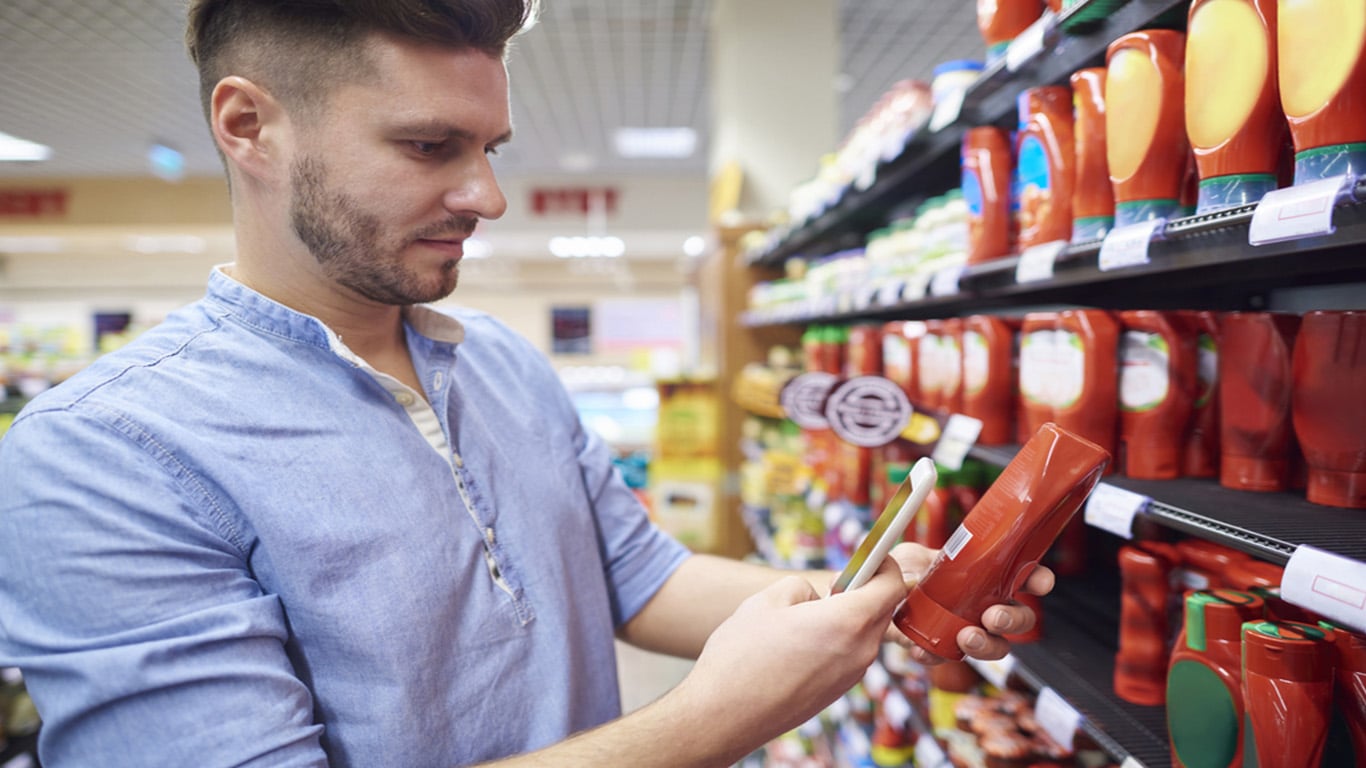Innovation or compliance, which comes first? Many food engineers and food and beverage manufacturers struggle with restrictive compliance regulations – others with driving innovation without running afoul of compliance procedures.
The driving force in the food and beverage industry
The primary growth and expansion driver for manufacturers is providing what their customers want, need and demand. The only way that the research and development team can stay ahead of the curve is by thinking outside the box – and innovating their development processes.
Consumers have become exceptionally savvy – they want to know what a product is made of, if it is organic, was sustainably sourced, when it was produced and how long it will last.
Recent research from health and wellness reporters at Mintel indicate that more than 55 percent of all Americans say their lifestyle has become healthier in the past year. More than 45 percent say they have made a concerted effort to become healthier.
Free E-Book
Regulations, Speed-to-Market and Innovation: How to stay compliant and competetive in an ever-changing market place.
Millennials, environmentally friendly and health conscience shoppers are reading labels and learning to speak the language of manufacturers.
Innovation – an essential ingredient
Social media platforms like Instagram, Facebook, Twitter and Snapchat provide more fertile ground for real-time data and opinions, trends, new concepts and healthy food information and options than ever before.
Social media can present a huge advantage to innovative organizations that strive to provide cutting-edge products and services, but there can also be negative consequences – innovation cannot occur at the cost of compliance.
Recipe-based food and beverage manufacturers must be nimble – their growth and success necessitate innovative, adaptive solutions that feature data as a strategic asset.
Compliance – an innovation strategy
Innovation cannot negate the need for strict compliance. Compliance insures the safety, health and wellbeing of consumers. It also protects customers from deceptive advertising and fraud.
Complying also means taking responsibility and providing a comfortable level of accountability to your customers. Customers consistently praise, support and are loyal to organizations that voluntarily implement specific company-wide practices and processes that ensure their products adhere to regulatory requirements and legislation.
Conversely, they shun products that do not comply or attempt to evade protective food safety regulations.
There can be no question that compliance influences innovation – but with best practices, collaboration and real-time, hyperconnectivity and end-to-end solutions, food and beverage manufacturers can provide a successful, rapid launch of new products while effectively managing updates to existing recipes.
Featured Image: © shutterstock/Stastny_Pavel




